For a long time there has been a growing debate over the benefits of alkaline water. Recently I’ve had several of my clients ask me my opinion about using alkaline water to help improve their overall health.
My short answer to them is “No I’m not a fan of alkaline water as there are better ways to to improve your body’s pH levels.”
And my short answer usually ends in a longer discussion about this topic.
Now before we discuss this, I want everyone to know that I’m a big fan of an alkaline diet. Choosing foods that help you stay on the alkaline side of the pH scale is extremely important to your overall health. And I believe will lessen your risk for all forms of diseases.
I’ve written two extensive blog posts on this issue. Click on the titles to link to the articles:
The Acid Alkaline Balance – Part 1
The Acid Alkaline Balance – Part 2
But when is comes to alkaline water I do not agree that this is the best way to help your body stay on the alkaline side of the pH equation.
Alkaline Water – Natural Alkaline Spring Water versus Ionized Water
Normal tap water usually has a pH of 7. This is considered neutral. Less than 7 and it becomes acidic. Greater than 7 and it becomes alkaline.
Most bottled water that is marketed as alkaline water usually has a pH range between 8 and 10.
On average your blood’s pH is approximately 7.365, which is slightly alkaline.
There are two driving force for alkaline water:
To help improve your blood chemistry.
Most diseases cannot survive in an alkaline environment.
Which would make it seem like this type of water would be a good thing.
But here’s the problem.
The pH scale is not arithmetic but logarithmic. Logarithmic means that the values separating each unit are not of equal value along the scale but increases in proportion to their distance from a pH of 7.
For example, a pH reading of 8 is 10 times more alkaline than 7, but a pH of 9 is not 20 times more alkaline but 100 times more alkaline. If you’re catching on, then a pH reading of 10 is 1000 times more alkaline than a pH of 7.
Given this fact, what would seem like a small change in the acid alkaline balance and be no big deal is, in reality, a big deal to your body.
And here is the danger of machines that are used to create ionized water. People tend to go to the extremes.
If alkaline water at a pH of 8 is good for me, then why not at a pH of 10. Wouldn’t that be better for me.
And the answer is “NO!”
I have no problems with alkaline water that has a pH of 8 especially if this alkaline water is from natural sourcing that has key minerals in it.
In this case you’re only slightly alkaline and it can be a benefit, especially if you’re choosing foods that help your body maintain the alkaline side of the equation.
But here are the dangers of when the pH hits 10.
Alkaline Water – Dangers of pH 10
If you’re drinking water that has a pH of 10 then you’re drinking something that is 1000 times more alkaline. This creates two concerns.
Concern #1 – It can deactivate the activity of pepsin. Pepsin is one of the main digestive enzymes that you need to breakdown the proteins you eat. It also helps with nutrient absorption, protection against allergies, and helps to limit yeast overgrowth.
When low it can contribute to indigestion, GERD, acid reflux, heartburn, and potentially pancreatitis. Some of the symptoms associated with low levels of pepsin are abdominal pain, bloating, diarrhea, and nutritional deficiencies in B12 and Iron.
Concern #2 – It may also interfere with the acidity of your stomach acids. This is especially true for older adults. Your stomach acids are key for helping you breakdown proteins. As well as killing off bacteria and pathogens to keep your body healthy.
The pH of your stomach acids can range from 1.5 to 3.5. On the pH scale this range is huge. If your stomach pH is at 1.5, then alkaline water at a pH of 10 would most likely not have much impact.
But if you are an older adult whose stomach pH is around 3.5, then consuming water with a pH of 10 has a significant impact in causing your stomach’s pH to increase. This increase then interferes with your stomach’s ability to digest your food properly. When this undigested food goes into your small intestine, you get less nutrient absorption.
Alkaline Water – Final Thoughts
Drinking slightly alkaline water can be a good way to hydrate your body and provide you with some health benefits. If you decide to do this, then choose mineral water that is naturally alkaline because it contains needed minerals.
You can also make your own alkaline water by adding lemon to your water.
And if you’re drinking alkaline water to help cleanse your blood, then I would suggest adding Liquid Chlorophyll to regular tap water. One tablespoon per 16 ounces is a good ratio. This is a natural way to improve your blood chemistry while at the same time hydrating your body with needed water.
Blessing Lives Through Nitric Oxide Therapy!
Dan Hammer
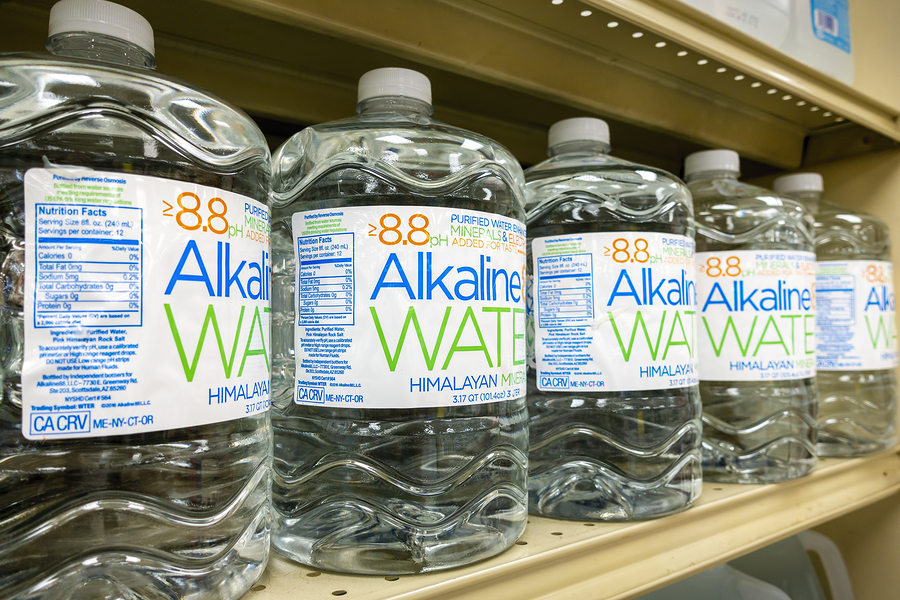
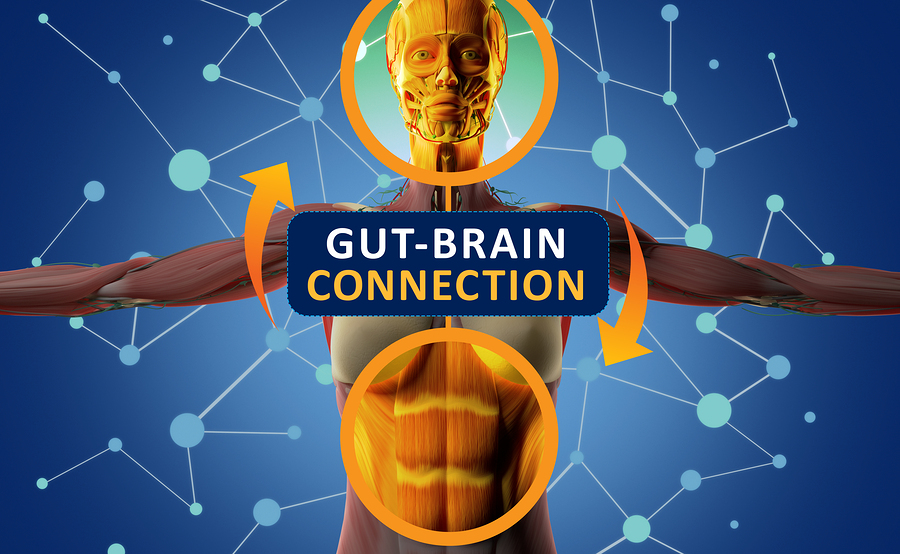
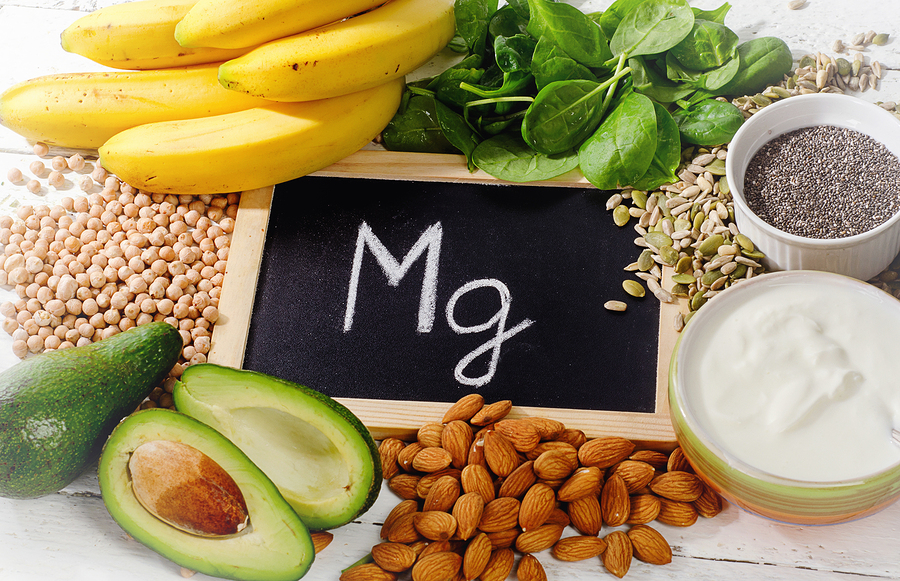
 you. Unfortunately most people don’t understand the following:
you. Unfortunately most people don’t understand the following: years. Initially for textiles. And, as people began to consume the seeds of flax, for its health properties.
years. Initially for textiles. And, as people began to consume the seeds of flax, for its health properties.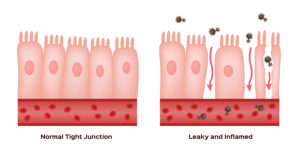 viable option for restoring the lining of your small intestine? And is there any research to demonstrate it’s ability to improve gut health?
viable option for restoring the lining of your small intestine? And is there any research to demonstrate it’s ability to improve gut health?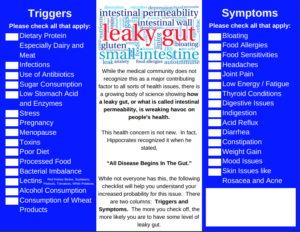
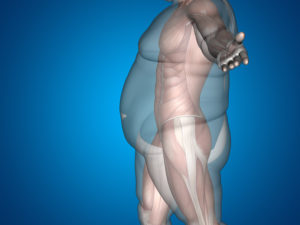
 improve your gut microbiome.
improve your gut microbiome. improve your gut microbiome.
improve your gut microbiome.